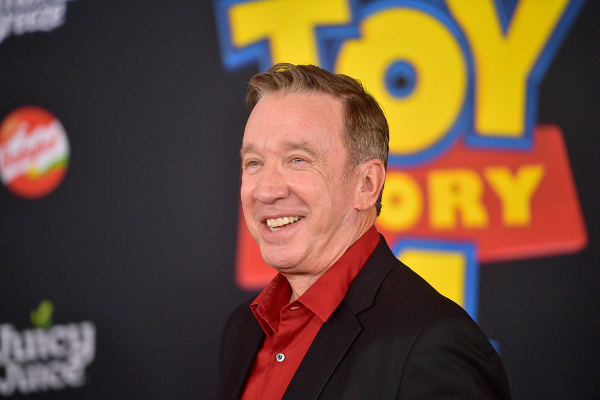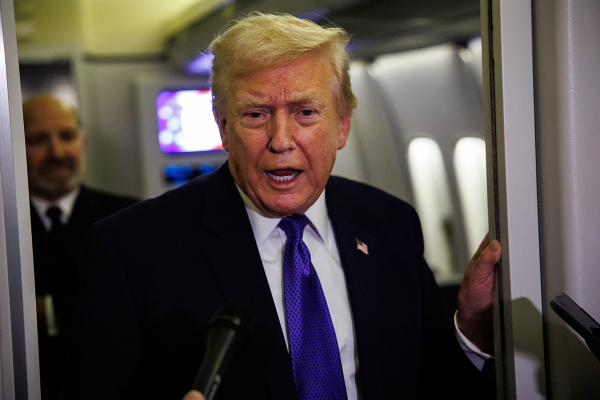Arrest of Youcef Nadarkhani's Lawyer: A Bad Situation Made Worse
Defense attorney Mohammad Ali Dadkhah's recent sentencing to nine years in Iranian prison proves to be a dire situation for both Dadkhah, who may face imprisonment in one of the world's worst prisons, and one of his most prominent clients, Iranian pastor Youcef Nadarkhani, who may no longer have legal representation in court.
The Christian Post spoke to Jordan Sekulow, executive director of the American Center for Law and Justice, to get a better understanding of Dadkhah's current situation.
"This is a very bad situation. People don't survive this prison, that's how bad this prison is," Sekulow told CP.
Although Iran has used extreme prison sentencing in the past to intimidate lawyers and political prisoners, Sekulow argues that this situation is very real and serious, especially because Dadkhah is considered one of the top, and few, human rights lawyers in the country.
Dadkhah was previously imprisoned for a few months after Iran's 2009 elections, when he defended several human rights activists who were protesting the elections.
The human rights lawyer has defended other prominent political and religious prisoners, including politician Ebrahim Yazdi, who is known as Iran's oldest political prisoner due to his involvement in the Freedom Movement of Iran party.
The attorney was allegedly in court defending Davoud Arjangi, a jailed political activist on death row, when the judge informed him that his nine-year jail sentence had been approved and he would be summoned to serve it shortly.
Dadkhah himself is not a Christian, but rather a Muslim interested in the preservation of human rights, especially in a country where so few human rights are provided.
"He has no personal reason, other than that he believes in human rights, to represent these minority groups, whether it's political opposition or religious minorities and go out of his way to do so. He really does believe in those human rights," Sekulow told CP.
Dadkhah's alleged charges are numerous. In a phone interview from Tehran with British newspaper The Guardian, Dadkhah said he is being convicted of "acting against the national security, spreading propaganda against the regime and keeping banned books at home."
The propaganda charge, according to Sekulow, was attributed partially because Dadkhah has revealed the wrongdoings of Iran's court system through his many human rights cases.
In addition to these charges, Sekulow said Dadkhah is being charged with "aiding and abetting crime," meaning that he represented his clients without charge, or pro-bono.
Dadkhah co-founded Iran's now-banned Center for the Defense of Human Rights along with Nobel Peace Prize laureate Shirin Ebadi, Abdolfattah Soltani, Mohammad Seifzadeh, and Mohammad Sharif.
The center, which sought to defend Iranians facing human rights abuses, was closed by the Iranian government in 2008.
According to Sekulow, Dadkhah is "basically the only lawyer left from the Center for the Defense of Human Rights … who hasn't been arrested or fled the country."
One aspect of Dadkhah's arrest which makes the situation so dire is the fact that now Iranian pastor Youcef Nadarkhani, who has been imprisoned for his Christian beliefs since October 2009, may no longer have legal representation.
As Sekulow told CP, legal representation is very important in a country like Iran, where secret courts and confusing verdicts need to be dealt with by expert lawyers.
"It's already a dire situation for Nadarkhani. It wasn't a good situation before, but at least he had someone who was defending his case and advocating for him in a way that everyone should have," Sekulow said.
"Who else is going to do this? Who else is going to step forward? There are a lot of other lawyers in Iran but who has the experience, would even be allowed to take the case into some of these courts? You have to be qualified for some courts," Sekulow explained.
Dadkhah isn't the first lawyer to be arrested for defending human rights in Iran.
Narges Mohammadi, former vice president of the Defenders of Human Rights Center, is currently serving out a six-year prison sentence in Iran for "assembly and collusion against national security, membership in Defenders of Human Rights Center, and propaganda against the regime."
Nasrin Sotoudeh was arrested in September 2010 for "acting against national security," "not wearing hejab (Islamic dress) during a videotaped message," "propaganda against the regime," and for membership in the "Center for Human Rights Defenders." Her sentence was reduced from 11 years to six years, which she is now serving.
Sekulow told CP that for now, international attention is most important on both the court cases of Nadarkhani and Dadkhah.
"If the world responds, it heightens the situation of what Iran is trying to do," Sekulow noted.
Nadarkhani was arrested in October 2009 for protesting the mandatory teaching of Islam at his children's schools. His charges were later changed to apostasy and attempting to evangelize Muslims.
In February 2012, the ACLJ received a notification that an execution warrant had been issued for Nadarkhani. This drastic turn of events means that the Iranian evangelical needs legal representation more than ever.
Nadarkhani currently awaits further news on his execution order in Iran, and Dadkhah awaits further news on his arrest.





















